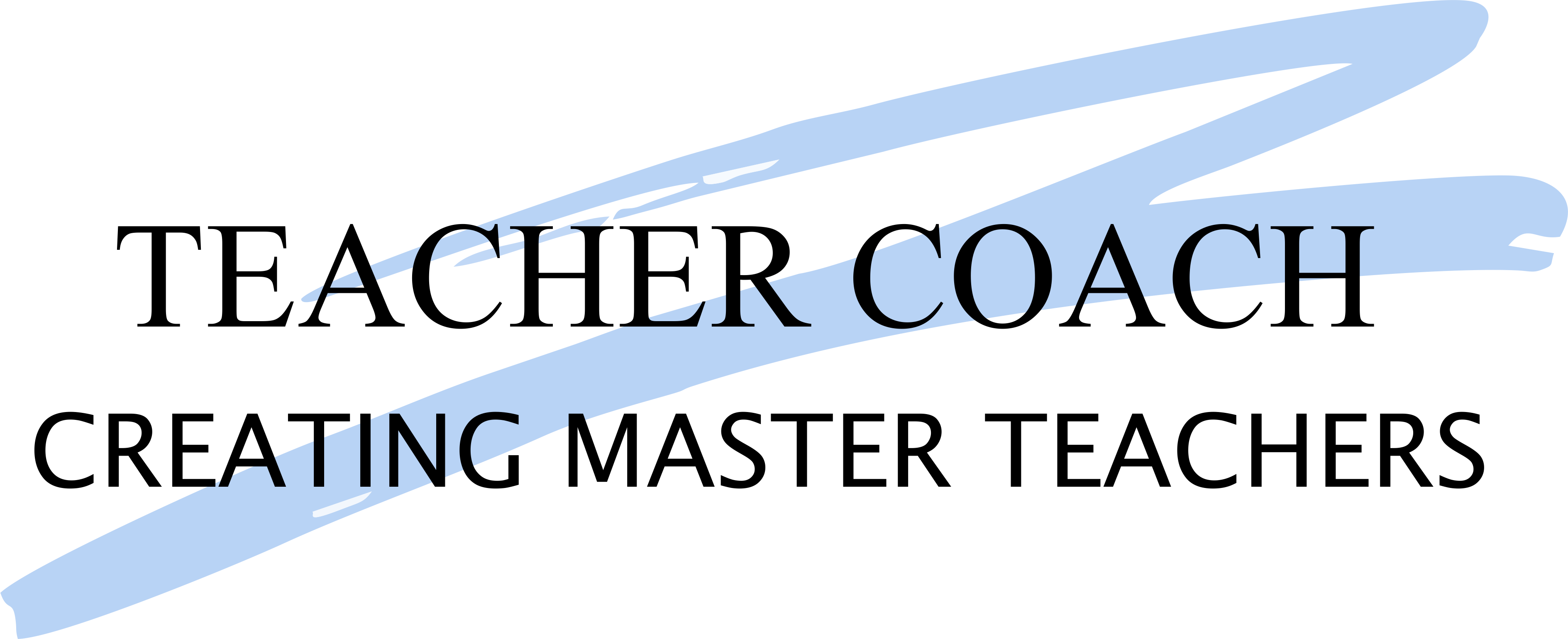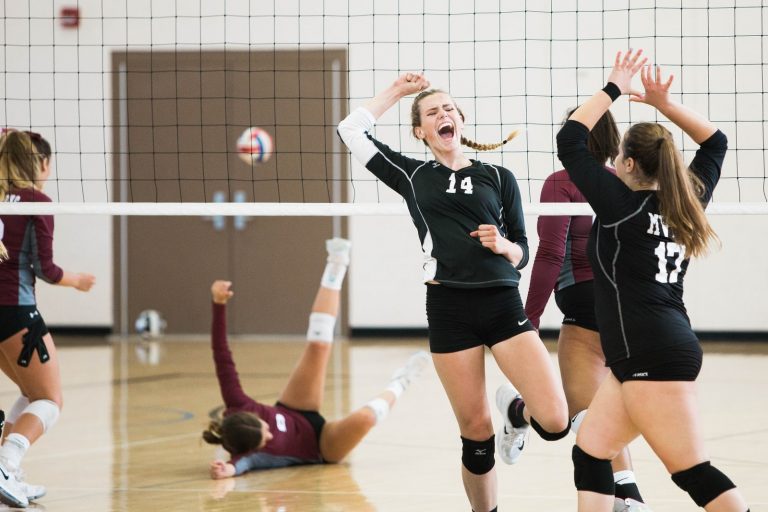In the first article in this series we discussed William Glasser’s ideas on the basic needs that students have that must be satisfied at school. We have examined three of these basic needs: Belonging, Freedom, and Fun which are critical elements of any classroom. The fourth concept is Power. William Glasser believes helping our students to develop a sense of power is critical for our classroom management success and the success of our students.
In the traditional way of thinking the more power I have, even if I use it for your benefit, the less power you have. His idea of power is not so much power over others, as power to control parts of one’s life and power to do things competently. At school, this includes learning, achievement in some aspect of school life, feeling worthwhile, winning, and competence at problem-solving.
Power as defined above is a very important basic need that our students must satisfy in some meaningful way. Examine the behavior of your students. Is it attention-seeking behavior that is disrupting the class? Powerless students look for attention. They need to feel important in some way. At school, this need can be satisfied in several ways depending on the individual. Students may seek power through academic success, athletics, other extracurricular activities, or friends.
As teachers, our primary focus is often on the academics we are responsible to teach. If a student wants to fulfill their power need in this area they will frequently ask you if this is how to do the work, or what do I need to know for the test? But as a classroom management strategy, focusing solely on academics is not going to be effective for all students. If the student cannot compete academically they will feel that they have no power in their academic classes and they will not work in school. In high school focusing on academics can be problematic for students because, in the classroom, the high achieving students are often resented; while they gain power they lose friendships.
When kids are asked if they feel important at school, a positive answer is usually because of the friends they have, not the academics. Athletics provides an excellent opportunity for these students to meet their power needs. On a team, all players are respected, even the less skilled ones. Everyone contributes; they have a perceived level of competence that is higher than others and knowing this gives the individual a sense of power. This also applies to students in other extracurricular activities.
Secondary schools have many more losers than winners because there is more competition and more emphasis on memorization than thinking. This lack of access to power comes at a time when students are beginning to experience the increased need for power which is part of the normal biology of adolescence. If students can not find power in knowledge, they will seek it elsewhere, many in self-destructive behaviors like drugs.
One of the quickest and most effective ways to satisfy the need for power that each of our students has is to set up a variety of extracurricular programs in your school or classroom and require every student to be involved in one of those programs. You will need a wide variety of programs to appeal to a diverse student population. These activities may involve athletics, drama, art, chess, knitting, crafts, and science. You can even include peer tutoring, the list is endless. There are many benefits to this program. Every student will BELONG to a group. They will be having FUN at school participating in their chosen activity. Each student will be in a small group with an adult who can act as a MENTOR for them. Finally, each student will become competent in some area that will satisfy their need for POWER.
Effective Classroom Management Strategies must take the whole student into consideration. Helping each student to satisfy their need for power in a positive way will help create a school and classroom where everyone can succeed and behavior will not be an issue.

